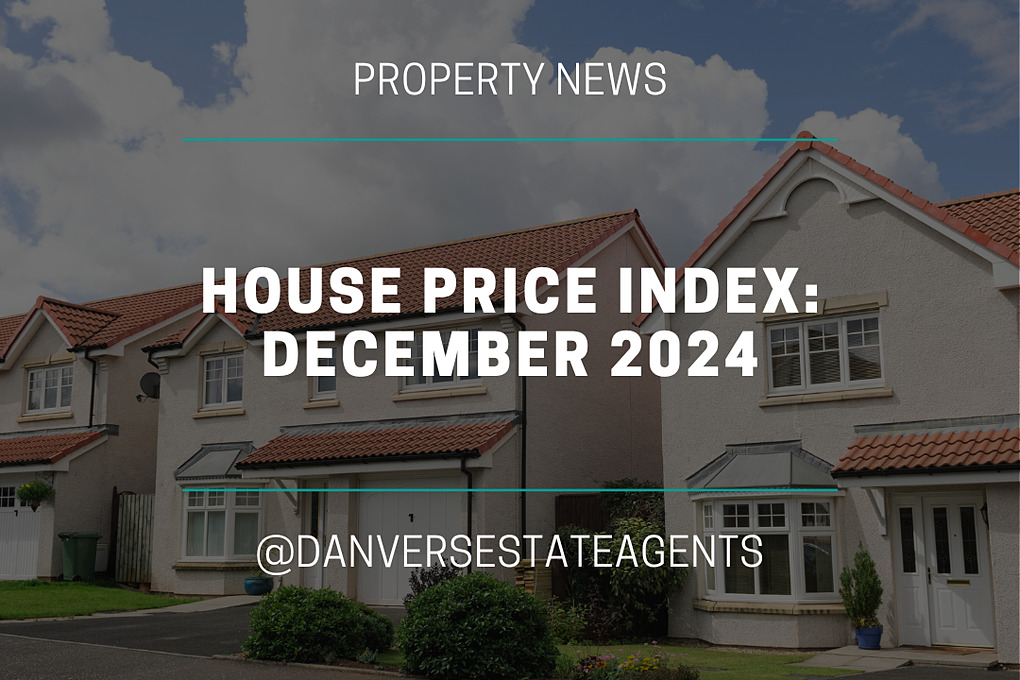The UK housing market experienced a significant rebound in activity throughout 2024, as both buyers and sellers returned in greater numbers. This resurgence boosted sales volumes considerably, with the largest sales pipeline seen in four years, valued at £104 billion. However, despite the increased activity, affordability challenges have kept price growth modest. Buyers remain price-sensitive, influenced by uncertainty surrounding mortgage rates and the broader economic implications of the Autumn Budget.
The year saw sustained growth in housing sales, with annual house price inflation reaching +1.9%, a marked improvement from the -1.2% recorded a year ago. More homes being listed for sale and stabilising mortgage rates helped fuel this recovery, enabling a higher number of transactions. Estate agents reported an average of 6.1 sales per month, the highest level since the pandemic boom in 2021. This increase in activity reflects renewed confidence in the market, even as affordability pressures persist.
While prices have shown some upward movement, regional disparities continue to define the UK housing market. The North West saw property prices increase by (+3.5%) and North East (+2.8%). In contrast, southern regions, including the Southeast (+0.7%) and East of England (+0.8%), experienced much slower growth. These variations highlight the ongoing North-South divide, shaped by differences in affordability and the relative growth of house prices compared to household incomes over the past decade.
Buyers have become more cautious in the latter part of 2024, with the gap between asking and agreed sale prices widening slightly to 3.6%, up from 3.2% during the summer months. This reflects growing uncertainty over mortgage rates in 2025 and the broader economic outlook. Historically, smaller gaps between asking and sale prices indicate stronger price growth, but the current trend suggests a market where buyers remain cautious and price sensitive.
Despite these challenges, the overall outlook for 2025 remains positive. Sales volumes are expected to increase to 1.15 million transactions, up from 1.1 million in 2024. House prices are forecast to grow modestly by 2.5%, reflecting a balance between demand and affordability constraints. The continued availability of homes for sale and a relatively stable economic environment are expected to support this growth.
Affordability will remain a key factor driving regional differences in house price inflation. With household incomes having grown by 58%, regions where house prices have lagged behind income growth are likely to see stronger gains, while high-value markets in southern England may face more subdued growth.
Looking ahead, the trajectory of mortgage rates, economic stability, and housing affordability will determine the strength of the market in 2025. While buyers are likely to remain price-sensitive, the desire to move home is often driven by life stage or personal circumstances that will continue to fuel demand. With modest price inflation and a steady increase in sales volumes, the UK housing market is set for a year of cautious but sustained growth.
 Like
Like